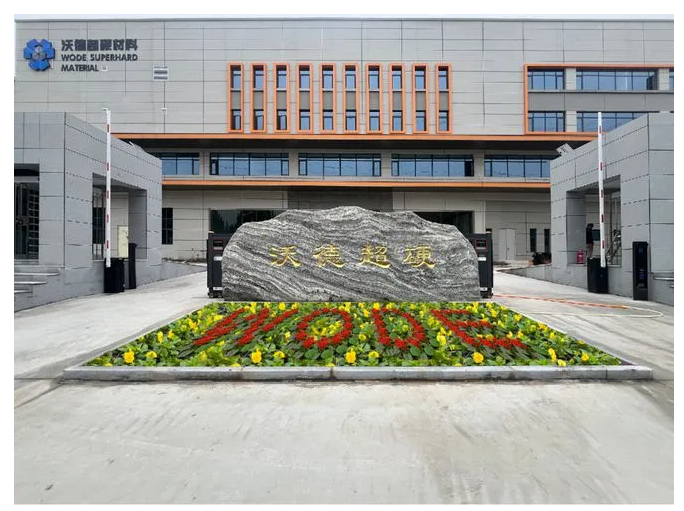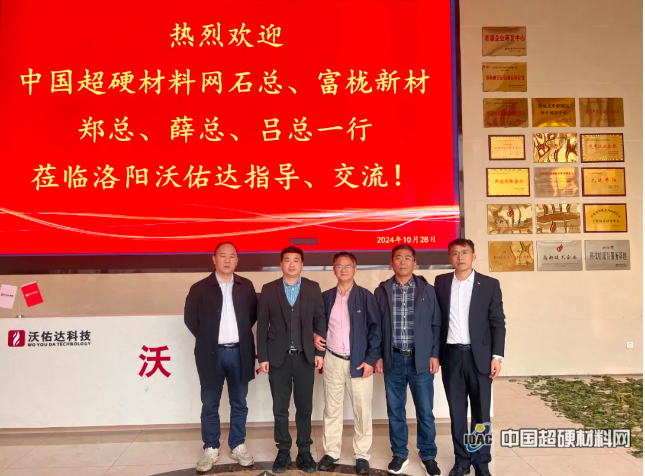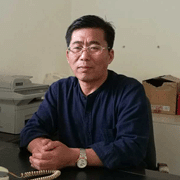摘要 通過切削實驗,觀察切削前后刀具的表面和刃口形貌、金剛石刀片組成成分、以及被加工工件表面粗糙度,比較兩種刀具的切削性能,探討其失效機理。結果表明:在同等條件下,CVD金剛石刀具的切削性能要明顯優于PCD刀具。在車削過程中,PCD刀具的失效機理主要是結合劑與被加工材料中化學成分發生化學反應使結合劑流失,導致刀具結構疏松,從而導致磨粒團脫落。CVD刀具的失效機理為產生變質層磨損。切削過程中隨著加工時間的進一步延長,切削區溫度不斷升高,當達到熱化學反應溫度時,就會在刀具表面形成變質層,從而帶來切削過程中刀具的磨損;同時高溫狀態下CVD金剛石的晶界疲勞破壞,也可能會造成CVD金剛石刀具的磨損失效。(金剛石與磨料磨具工程2009年第一期)
Abstract Cutting experiment on hard plastic PMMA was conducted with PCD and CVD cutter respectively.The edge and surface morphology and composition of the PCD and the CVD diamond insert,as well as the surface roughness,were studied before and after the cutting process.The cutting performance of these tools was compared and their failure mechanism was explored.The results showed that under the same machining condition,the cutting performance of the CVD diamond tools was superior to that of the PC D tools.The main failure mechanism of the PC D tools is the chemical reaction between binder and machined material,which leads to the loss of binder and the abscission of worn particles(diamond particles),and then induces the damage of the cutting tools structure.The failure mechanism of the CVD diamond tools is the wear of affected layer.With further extension of the cutting process,the temperature of the cutting zone keeps rising.When the temperature reached the thermal chemical reaction temperature,affected layers would be generated at the tool surface as the insert abraded out;at the same time,the tools’wear may also be caused by the fatigue failure of the grain boundary of CVD diamond at high temperature.


 手機資訊
手機資訊 官方微信
官方微信










 豫公網安備41019702003646號
豫公網安備41019702003646號